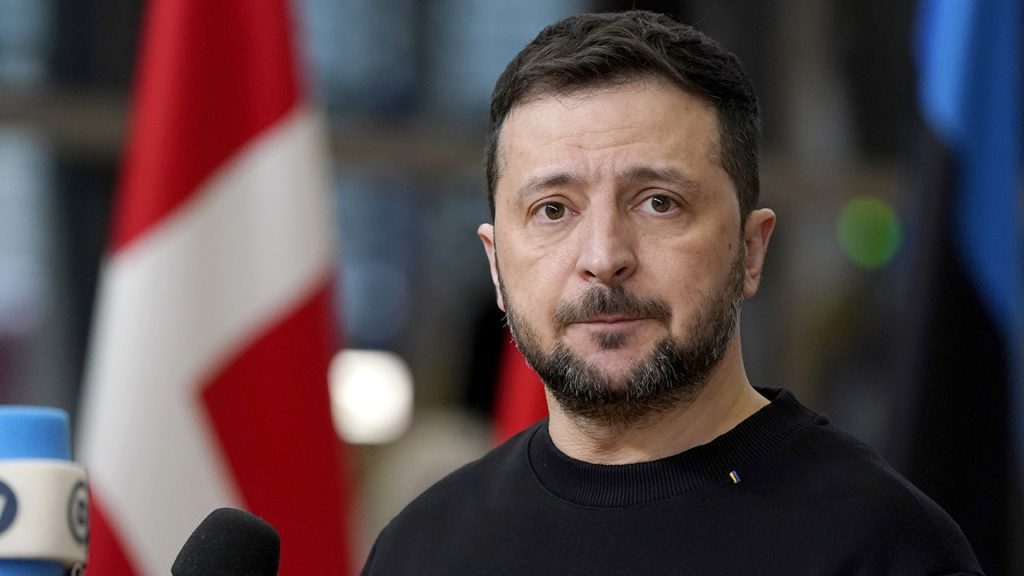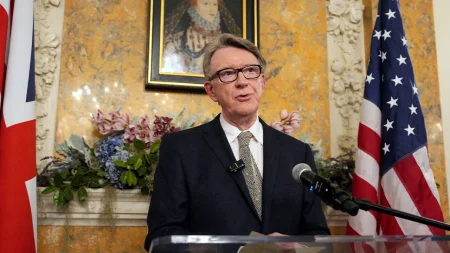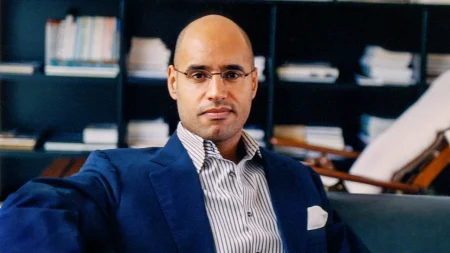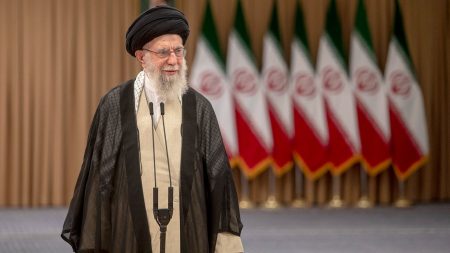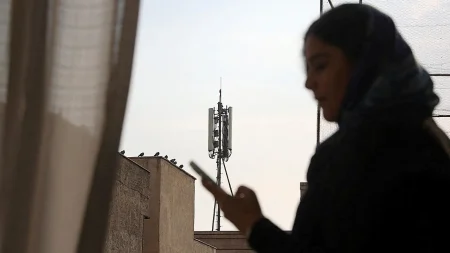The Christmas Day Assault: A Deliberate Act of Inhumanity
On Christmas Day 2024, a day traditionally reserved for peace and celebration, the ongoing conflict between Russia and Ukraine took a grim turn. Russian President Vladimir Putin authorized a massive missile and drone barrage targeting Ukraine’s energy infrastructure, plunging several regions into darkness. Ukrainian President Volodymyr Zelenskyy swiftly condemned the attacks, labeling them a deliberate act of inhumanity designed to deprive Ukrainians of power and warmth during the holiday season. The assault, which included over 70 missiles, some ballistic, and more than 100 attack drones, underscored the escalating tension between the two nations and the increasingly dire humanitarian situation in Ukraine. While the Russian Defence Ministry claimed the strikes successfully hit their intended targets, Ukrainian authorities worked tirelessly to restore power to the affected regions. Zelenskyy’s defiant response, declaring that "Russian evil will not break Ukraine and will not spoil Christmas," resonated across the country, capturing the spirit of resilience in the face of adversity.
The Humanitarian Crisis Deepens: Power Outages and Civilian Suffering
The Christmas Day strikes marked a new low in the conflict, compounding the existing hardships faced by Ukrainian civilians. The deliberate targeting of energy infrastructure, a recurring tactic employed by Russia, serves to exacerbate the humanitarian crisis by depriving homes, hospitals, and essential services of power. These attacks not only create immediate suffering through cold and darkness but also disrupt vital infrastructure, hindering healthcare, communication, and access to basic necessities. This calculated strategy aims to demoralize the Ukrainian population and disrupt their ability to function normally, ultimately applying pressure on the government to concede to Russian demands. As winter sets in, the consequences of these power outages become even more severe, increasing the risk of hypothermia, food spoilage, and disruption of essential services. The repeated attacks on energy grids underscore the urgent need for international assistance to support Ukraine’s energy resilience and humanitarian relief efforts.
International Response and the Spectre of Escalation
The international community has largely condemned Russia’s continued aggression and the targeting of civilian infrastructure. The attacks on Christmas Day elicited widespread condemnation, with many world leaders expressing solidarity with Ukraine and calling for an end to the violence. The ongoing conflict raises concerns about the potential for further escalation, particularly with Russia’s demonstrated willingness to target civilian infrastructure. The use of ballistic missiles in the Christmas Day attacks highlights the increasingly sophisticated weaponry being deployed and the potential for more destructive assaults. The international community faces the challenge of balancing the need for a strong response to Russian aggression with the desire to avoid further escalation and potential wider conflict.
The Debate over Continued US Aid to Ukraine
The United States has been a key supporter of Ukraine, providing billions of dollars in military and humanitarian aid. However, the level of US support has become a subject of political debate, with differing opinions on the extent and duration of aid. Incoming President Trump, who will assume office in January 2025, has expressed a desire for a ceasefire and negotiations between Russia and Ukraine. Trump’s calls for a cessation of hostilities raise questions about the future trajectory of US policy towards the conflict and the potential implications for Ukraine’s ability to defend itself. The debate over continued US aid highlights the complexities of navigating international relations and balancing competing interests in a protracted conflict.
Trump’s Call for Negotiations and the Path to Peace
President-elect Trump’s advocacy for a ceasefire and negotiations marks a potential shift in US approach to the conflict. Trump has publicly stated his belief that both Ukraine and Russia are willing to negotiate an end to the fighting. He has also criticized the human cost of the war, citing significant casualties on both sides. While his calls for negotiations have been met with mixed reactions, they represent a potential avenue for de-escalation and a peaceful resolution. However, any potential negotiations would face significant challenges, including deep mistrust between the parties, conflicting territorial claims, and the need for international guarantees to ensure a lasting peace.
The Uncertain Future of the Conflict
The Christmas Day attacks underscore the continuing volatility of the Russia-Ukraine conflict. The deliberate targeting of civilian infrastructure highlights the brutal realities of the war and the immense challenges facing the Ukrainian people. As the conflict enters a new phase, with a new US administration taking office, the future trajectory remains uncertain. The possibility of negotiations, the ongoing debate over international aid, and the looming threat of further escalation all contribute to a complex and unpredictable landscape. The international community faces the difficult task of finding a path towards peace while ensuring Ukraine’s sovereignty and security in the face of ongoing Russian aggression.





